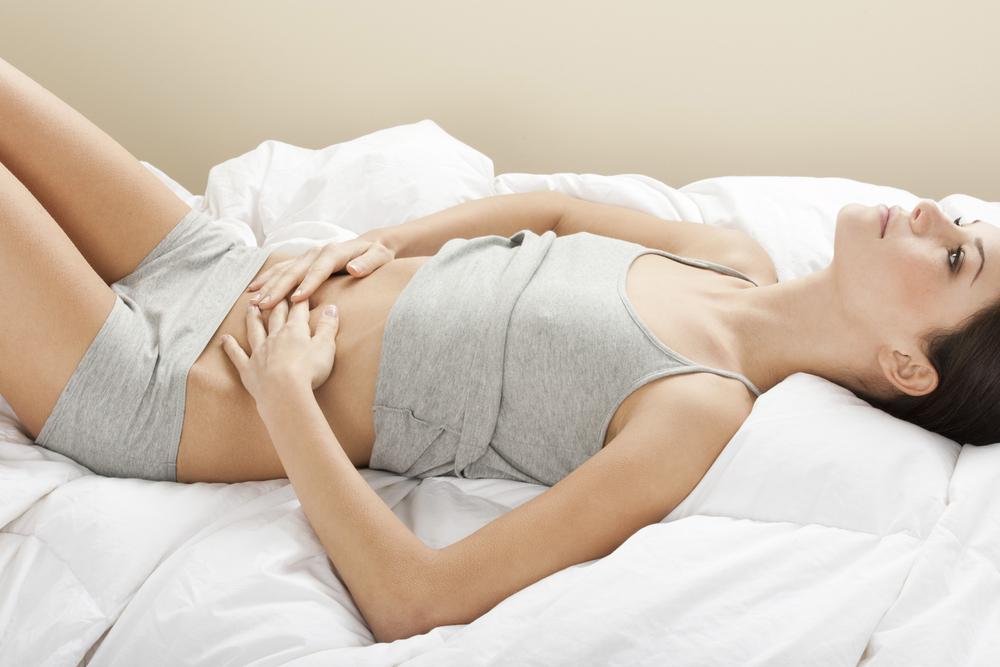Adult Incontinence- Causes and Symptoms
Each part of the body is assigned a function, and executing this function is what ensures that we perform all our bodily functions appropriately. However, there are instances when one or the other part of the body goes into overdrive, or there’s something wrong with it; this is when caution is to be exercised. For instance, everyone must have at some point in time felt the urge to relieve their bladder and that too, quite frequently.

The uncontrollable urge to urinate or uncontrollable urine leakage is known as incontinence. This condition is quite common among children, but adult incontinence, on the other hand, has several grave implications.
What are the causes of adult incontinence?
- Around one-third of Americans have suffered from an episode of adult incontinence at least once in their lifetime. This indicates that adult incontinence is quite common among adults, and this problem worsens with age.
- Usually, the muscles in the bladder wall relax while the bladder fills with urine. Once, the bladder is full; it sends a signal to the brain indicating that it is time to relieve the bladder. The muscles in and around the bladder are responsible for holding the urine until you relieve yourself.
- One can say that the individual suffers from adult incontinence when the muscles cannot hold the urine in the bladder, and it starts leaking.
- One of the major causes why adult incontinence symptoms surface is due to nerve damage. Nerve damage can act as an obstacle in allowing the brain to receive the signal that it is time to go to the washroom.
- Infection in the urinary tract is also one of the prime reasons for adult incontinence.
- Adult incontinence symptoms become prominent during pregnancy or after childbirth.
- Certain diseases such as Parkinson’s or Multiple Sclerosis which affects the nerves can also lead to adult incontinence.
What are the most-prominent adult incontinence symptoms?
It is common knowledge that our body displays symptoms to indicate that there’s something interfering in its regular functioning, adult incontinence is no different. The main adult incontinence symptom is sudden leakage of urine. However, the different types of adult incontinence manifest themselves differently. They are as follows-
- Stress Incontinence : This type of incontinence occurs when one exerts pressure on the bladder, and the adult incontinence symptom involves release of urine when one coughs, sneezes or laughs.
- Urge Incontinence : Urge incontinence or overactive bladder in adults manifests itself in the form of an intense or sudden urge to urinate.
- Mixed Incontinence : This type of incontinence displays adult incontinence symptoms of stress and urge incontinence.
- Overflow Incontinence : Overflow incontinence often results in urine dribbling out. The individual is unable to empty their bladder completely and often feels the urge to do so every once in awhile.
- Functional Incontinence : Certain disorders such as Alzheimer’s disease or Arthritis can lead to adult incontinence since the individual’s restricted movement acts as an obstacle in helping him reach the washroom in time.

